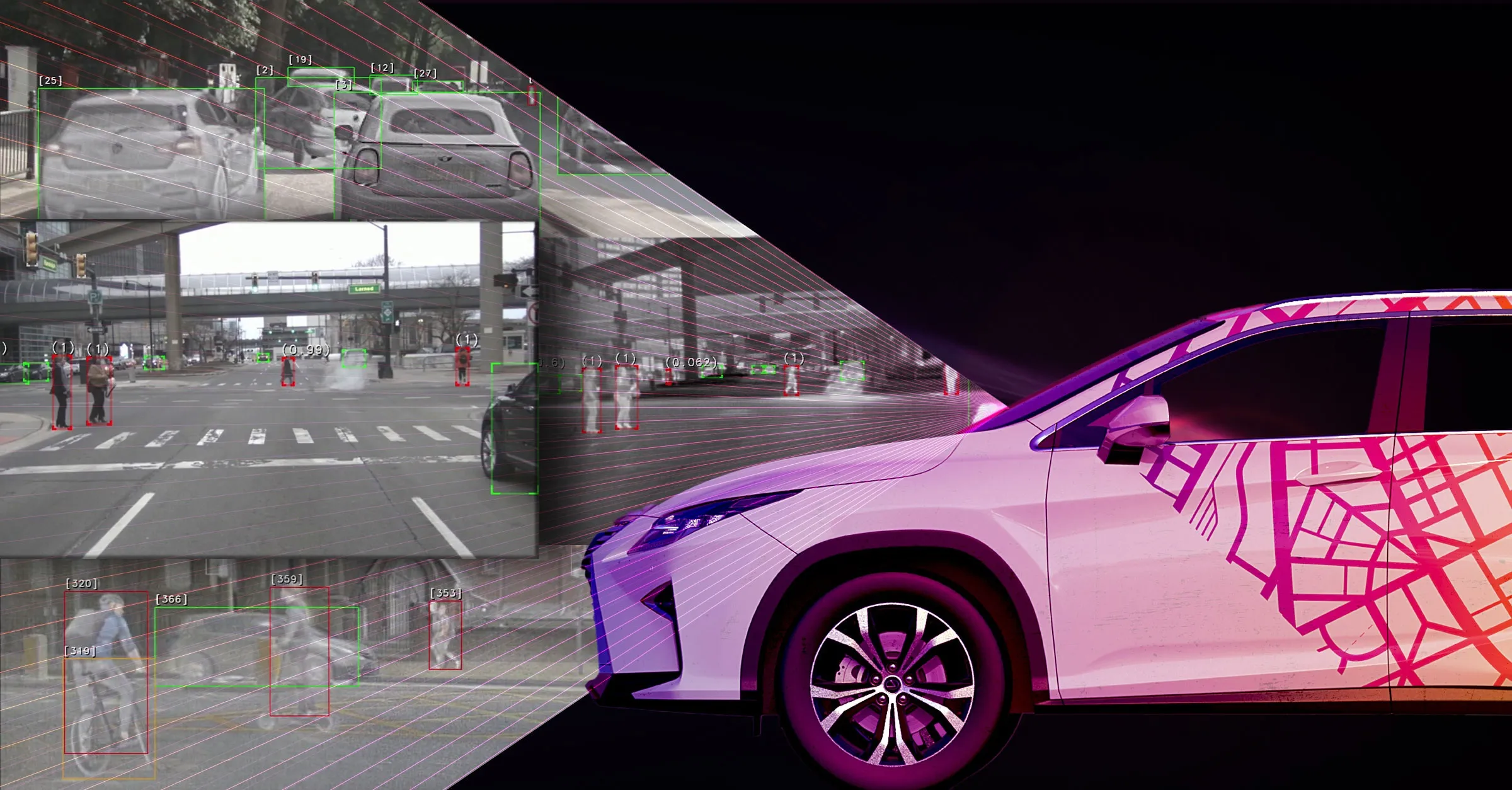
Seyond reports it has achieved “a major operational milestone” by deploying its end-to-end Lidar-based ITS platform to enable traffic signal actuation in Georgia, US.
By combining the Falcon Lidar sensor with its NEMA TS2-rated SIMPL (Seyond ITS Management Platform) at Peachtree Corners’ Technology Parkway, Seyond says it delivered reliable vehicle presence detection to the traffic controller, demonstrating full stop bar actuation with independently validated results.
SIMPL combines Lidar detection hardware, perception software and traffic system integration. This offers highway agencies a resilient, infrastructure-ready deployment model that Seyond says simplifies operations, improves reliability and enhances scalability.
Notably, SIMPL is traffic-controller-agnostic. In this deployment, SIMPL’s perception software transmitted vehicle presence data to the traffic signal controller using the Serial Data Link Communications (SDLC) protocol, ensuring precise, standards-compliant communication without reliance on proprietary interfaces.
This flexibility enables seamless integration into a wide variety of intersection environments and controller ecosystems, the company says.
The SIMPL platform delivers 3D multimodal detection with unmatched accuracy and resilience. Agencies can start with basic detection and scale into advanced operations, analytics and safety capabilities through SIMPL’s modular software licensing model.
The project supports the City of Peachtree Corners’ broader Smart City strategy, in partnership with Curiosity Lab, to address operational inefficiencies along Technology Parkway.
The goal is to explore innovative applications of Lidar for multimodal detection, including vehicles, pedestrians and vulnerable road users.
“Our work with Seyond and their SIMPL system demonstrates how Lidar-based detection can optimise traffic operations, not just collect data,” said Brian Johnson, city manager of Peachtree Corners.
Seyond - based in Sunnyvale, California - is collaborating with the Georgia’s Department of Transportation to expand the application across multiple intersections along State Route 141, Peachtree Parkway. The broader pilot will enable real-time roadside data collection, creating a scalable model for future-ready traffic management. This initiative will be highlighted at the 2025 ITS World Congress in Atlanta, Georgia, in August.
Meanwhile, Seyond has announced a strategic partnership with Twincrest Technologies to accelerate deployment of SIMPL across the states of Texas, Louisiana and Mississippi. Twincrest will serve as a channel partner and certified integrator for SIMPL, offering consulting, deployment and support services tailored to local and regional agency needs throughout the Gulf South region.










